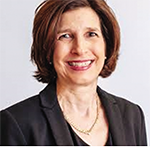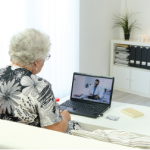Humans may fear change as a general rule, but we’re adaptable when we need to be. In this era of COVID-19 and social distancing, medical practices and payers are adapting to an increased use of telemedicine, which enables providers to see their patients without being in a room with them. To cope, the Centers for…







